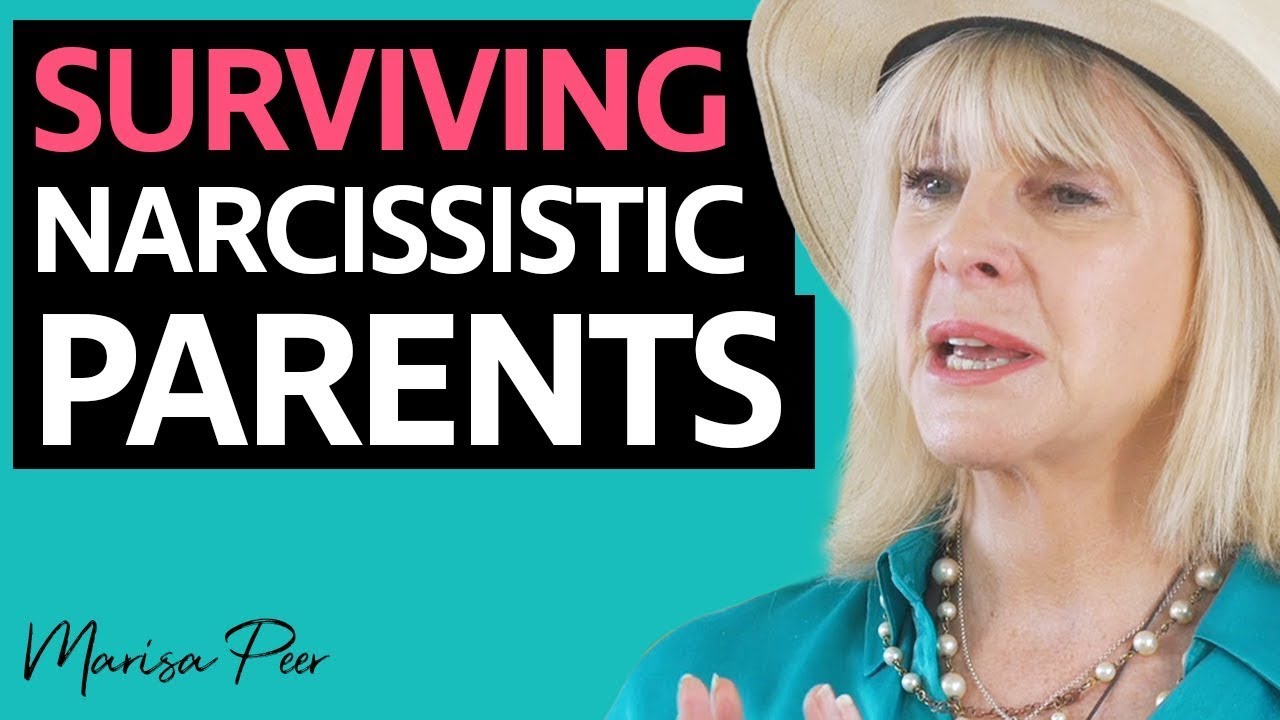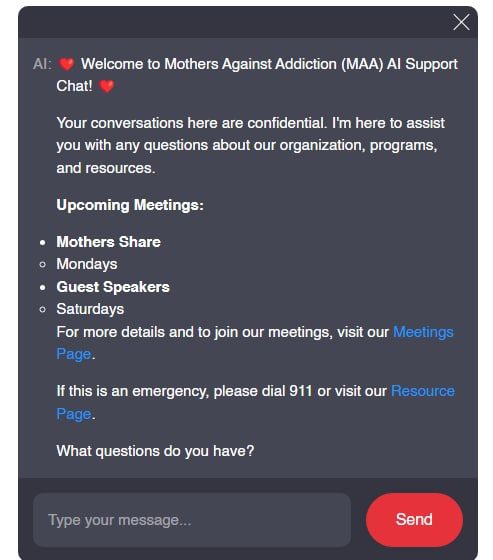Healing for Mothers: Understanding the Impact of the Mother Wound
The concept of the “Mother Wound” sits deep in the heart of many experiences, especially for mothers. This deep-seated psychological impact stems from an individual’s relationship with their caregiver. Physical or emotional neglect, a lack of comfort, recognition, or emotional support—each of these can create wounds that echo through generations. For mothers grappling with the addiction or loss of a child, this wound becomes a palpable presence in their healing journey. Understanding how these traumas intertwine and affect emotional, physical, and psychological well-being is essential.
Recognizing Signs of the Mother Wound
Emotional Trauma
Unresolved mother wounds often manifest as heavy emotional trauma. This can look like chronic feelings of guilt, shame, or inferiority. Many mothers might feel like they didn’t do enough to protect or support their children. These swirling emotions can cloud every thought and action, making life feel like an uphill battle.
Behavioral Patterns
Negative behavioral patterns often repeat themselves in the presence of a mother wound. You may find yourself stuck in cycles of self-blame, overprotectiveness, or avoidance. Recognizing these patterns is the first step. Take a hard look in the mirror and ask, “Is this really how I want to live?”
Physical Symptoms
Emotional stress often has a way of manifesting physically. Chronic pain, fatigue, or other psychosomatic symptoms can signal there’s a deeper issue at play. If your body aches and it’s not from physical exertion, it might be carrying the weight of emotional stress.
| Topic | Description | Key Points |
|---|---|---|
| Mother Wound | Psychological impact from a problematic maternal relationship | – Emotional & physical neglect |
| – Lack of comfort, recognition, and emotional support | ||
| Healing Steps | Strategies for mothers to heal from the Mother Wound and cope with loss | – Emotional disconnection |
| – Limiting/deciding contact level | ||
| – Building meaningful connections | ||
| – Loneliness and isolation’s impact on mental health | ||
| – Importance of social support | ||
| Support Systems | Importance of external support | – Counseling/Therapy |
| – Support groups | ||
| – Community involvement | ||
| – Peer support networks | ||
| Therapeutic Interventions | Professional methods for coping and healing | – Cognitive Behavioral Therapy (CBT) |
| – Mindfulness and meditation techniques | ||
| – Family therapy | ||
| Self-Care Practices | Activities and habits promoting mental and emotional well-being | – Regular exercise |
| – Healthy diet | ||
| – Adequate sleep | ||
| – Journaling | ||
| – Hobbies and creative outlets | ||
| – Mindfulness practices |
Healing for Mothers: Steps Towards Healing the Mother Wound
Emotional Acknowledgment
The healing for mothers begins with emotional acknowledgment. Those feelings of guilt, shame, or inadequacy—let them bubble to the surface. They need to be felt and processed, not shoved under the rug. Therapy or support groups, such as those offered by Mothers Against addiction, can be a lifeline during this time.
Professional Support
Engaging with mental health professionals who specialize in trauma can provide invaluable support. Techniques like EMDR (Eye Movement Desensitization and Reprocessing) have shown effectiveness in trauma therapy. According to the American Psychological Association, EMDR can significantly reduce symptoms of PTSD, often intertwined with addiction-related grief.
Holistic Practices
Healing for mothers also involves holistic practices. Mindfulness, meditation, yoga, and breathwork can help mothers reconnect with their bodies and emotions. The Omega Institute offers workshops specifically designed for women processing deep-seated grief and trauma. Taking this holistic approach can be profoundly comforting.
Real Stories of Resilience: Celebrity Insights
Celebrities, too, have faced trials and triumphed. Take Glenn Close, for example. She’s been open about her family’s struggles with mental health and addiction. Her nonprofit, Bring Change to Mind, focuses on reducing the stigma around mental health and fostering community support. This highlights how using one’s platform can bring about change and healing.
Acknowledging the Role of Community
Support Groups
Isolation makes wounds deeper, there’s no two ways about it. Actively engaging in support groups can be a game-changer. Local chapters of Al-Anon or online forums like Reddit’s r/addiction_help offer a sense of belonging and understanding, and might just be that lifeline you didn’t know you needed.
Educational Workshops
Organizations like the Hazelden Betty ford Foundation run workshops for families affected by addiction. These programs address both individual and collective trauma, emphasizing that addiction is a multifaceted issue that requires a comprehensive approach.
Moving Forward: Creating New Narratives
Empowerment through Advocacy
Turning pain into purpose is a powerful form of healing. Many mothers find solace and strength in advocacy. Joining or even initiating marches, awareness campaigns, or recovery advocacy programs can offer a profound sense of direction and agency.
Legacy Projects
Commemorating lost children through positive action can transform grief. Consider Robin Pena, who founded Shelby’s Secret Angels, creating an organization that provides scholarships and resources to youth in recovery. It’s a beautiful example of meshing legacy with proactive support.
Healing for Mothers: Building Resilience
Healing, though non-linear, requires a mother’s recognition of the importance of self-compassion. Daily practices of gratitude, connections with nature, and setting small, achievable goals help build a resilient framework. These small steps can act as a safety net, catching you when you falter.
Innovating Mother’s Healing Journey
The pathway to healing from the mother wound is complex but achievable with the right tools and community support. Each step forward for mothers grappling with addiction or loss is a testament to profound strength and commitment to generational healing. Embrace the process, acknowledge the pain, and integrate supportive practices. These actions can shift wounds into sources of profound wisdom and resilience, culminating in a life marked by growth, connection, and enduring love.
For mothers confronting the deepest traumas, support is out there. Visit Mothers Against addiction to access resources and start your journey of healing today.
Healing for Mothers
Finding peace amidst the chaos of motherhood, especially when grappling with the pain of addiction, can feel like a Herculean task. However, every step taken towards healing for mothers is a step closer to restoring well-being. This section brings you some intriguing bits of trivia and facts to emphasize the importance of this journey.
The Connection Between Trauma and Addiction
It might surprise you to know that a significant number of mothers struggling with addiction have histories of trauma. This linkage is well-documented, and understanding it can be a crucial step in the healing process. In fact, many initiatives highlight how trauma And addiction in Mothers are interconnected, shedding light on why therapeutic approaches need to address underlying traumas first. This insight underscores how deeply personal and intricate each mother’s path to recovery can be.
The Healing Power of Therapy
Did you know that therapy offers not just an escape from the throes of addiction, but also a path to reclaiming one’s life? There are tailored programs designed specifically for mothers, which provide a holistic approach to recovery. Therapy For Mothers, especially those who have lost their children to addiction, can be an empowering journey of rediscovery and healing. This type of therapy often includes individual and group sessions, reflecting the understanding that communal support is just as essential as personal breakthroughs.
Fun Fact: Social Media Influence
On a lighter note, it’s fascinating how even unexpected places can impact mothers’ lives. Take, for example, social media platforms. Individuals like Steve Pieczenik on Twitter have vast followings and can sometimes influence public opinion on topics ranging from health to conspiracy theories. Surprisingly, these platforms also serve as unexpected sanctuaries where mothers can find solidarity, guidance, or simply a moment of distraction in their healing journey.
Unsung Support Systems
While it’s common knowledge that having a roof over one’s head is crucial, the specifics can be quite enlightening. Many mothers find solace and stability through housing programs. Did you know that a Section 8 apartment can provide not just affordable housing but also a critical foundation for rebuilding one’s life amidst adversity? Stability in living conditions can significantly impact a mother’s ability to focus on recovery and healing, offering a steady ground from which to launch her journey towards a better future.
Every tidbit of knowledge, every interesting fact, and every little-known piece of trivia can collectively contribute to a deeper understanding and appreciation for the arduous journey of healing for mothers. By piecing together these insights, we honor their resilience and support their steps forward.

How to heal from mother trauma?
To heal from mother trauma, you need to disconnect emotionally and, if necessary, physically from your hurtful mother. Decide on the level of contact you’re comfortable with and build meaningful relationships with others to avoid loneliness and isolation, which can harm both your mental and physical health.
What is the mother’s wound?
The “Mother Wound” refers to the psychological impact arising from an individual’s relationship with their mother, often caused by physical or emotional neglect where the primary caregiver fails to provide necessary comfort, recognition, or emotional support.
How to heal from a bad mother?
Healing from a bad mother involves emotionally and possibly physically disconnecting from your hurtful mother, deciding on the level of contact, and building supportive relationships with others to combat loneliness and isolation.
How to heal your mommy issues?
To heal your mommy issues, you should emotionally and maybe physically distance yourself from your hurtful mother while determining the amount of contact you’re okay with, and focus on creating strong, meaningful connections with others.
What is cold mother syndrome?
Cold mother syndrome describes a mother who is emotionally distant and unresponsive, leading to feelings of neglect and emotional deprivation in her children.
What is the psychological damage from mother?
Psychological damage from the mother can include emotional neglect, lack of emotional support, and recognition, which can lead to long-term issues like low self-esteem, anxiety, and difficulty forming healthy relationships.
How to heal a negative mother complex?
To heal a negative mother complex, emotionally and possibly physically distance yourself from the harmful influence of your mother, decide on the amount of contact you’ll maintain, and foster meaningful connections with supportive individuals.
How to heal from an unloving mother?
Healing from an unloving mother requires you to emotionally and perhaps physically disconnect from her harmful influence, decide on the amount of contact to maintain, and actively build supportive relationships to prevent feelings of loneliness and isolation.
What is the unloved daughter syndrome?
Unloved daughter syndrome is characterized by emotional neglect, lack of support, and recognition from a mother, leading to issues such as low self-worth, anxiety, and difficulty in forming healthy relationships.
What is bad mother syndrome?
Bad mother syndrome refers to a pattern where the mother repeatedly fails to provide the necessary emotional support and care, leading to significant emotional and psychological issues in her children.
How do you treat depleted mother syndrome?
Treating depleted mother syndrome involves addressing physical and emotional exhaustion by prioritizing self-care, setting boundaries, seeking support from family and friends, and possibly professional help like therapy.
What does the Bible say about dealing with toxic parents?
The Bible advises respecting and honoring one’s parents but also acknowledges the importance of setting healthy boundaries and seeking peace. It’s important to balance honor with the necessity of self-care and protection from toxic behaviors.
Why is the mother wound so painful?
The mother wound is so painful because it’s tied to the primary relationship you have from birth. Emotional neglect or abuse from your mother can shape your sense of self-worth, emotional security, and ability to trust others.
How do I heal my trauma from my mother?
To heal your trauma from your mother, you need to emotionally and possibly physically disconnect from your hurtful mother, decide on the level of contact to maintain, and focus on building meaningful and supportive relationships with others.
How to overcome a mother wound?
Overcoming a mother wound involves emotionally and possibly physically distancing yourself from your hurtful mother, determining the level of contact that is healthy for you, and fostering supportive relationships to combat loneliness and isolation.
How do you recover from depleted mother syndrome?
Recovering from depleted mother syndrome includes focusing on self-care, establishing boundaries, seeking support from loved ones, and possibly engaging in therapy to address emotional and physical exhaustion.
How do you recover from parental trauma?
Recovering from parental trauma involves acknowledging the pain, emotionally and possibly physically distancing yourself from toxic parents, setting boundaries, and seeking therapy or support groups to heal and build resilience.
What is emotional trauma from the mother?
Emotional trauma from the mother stems from experiences of emotional neglect, lack of recognition, and support from the primary caregiver, leading to long-term psychological effects like low self-esteem and relationship issues.
Why is the mother wound so painful?
The mother wound is so painful because it affects the fundamental relationship formed at birth, impacting emotional security, self-worth, and the ability to trust and form healthy relationships.




























